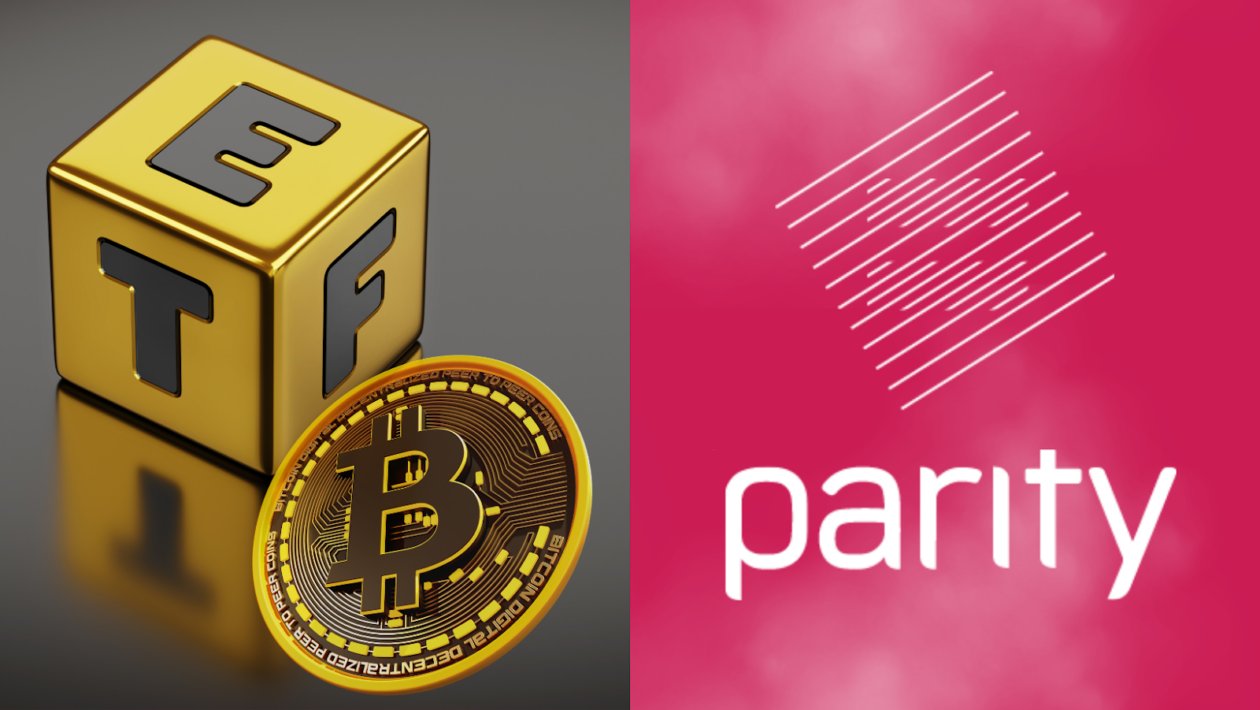copyright News for Capitalists: What You Need to Know Today
copyright News for Capitalists: What You Need to Know Today
Blog Article
Discovering the Effect of Regulative Changes and Technological Advancements on Today's Digital Currencies Headings
The intersection of governing changes and technological advancements is basically modifying the landscape of digital currencies, prompting a re-evaluation of their role in the global economic climate. Regulative bodies, such as the SEC and CFTC, are actively affecting exactly how electronic assets are categorized, while new modern technologies are enhancing deal effectiveness and security steps.
Current Regulatory Landscape
Following fast advancements in digital currencies, the existing regulative landscape is progressing to deal with the complexities and obstacles postured by these technologies. Federal governments and regulative bodies worldwide are grappling with how to properly oversee this growing market, which usually goes beyond nationwide limits.
Trick regulative methods include the establishment of frameworks that define digital currencies, ensuring consumer security and stopping illegal activities such as cash laundering and fraudulence. In the United States, companies like the Stocks and Exchange Payment (SEC) and the Asset Futures Trading Payment (CFTC) are proactively engaging in discussions to clarify the classification of numerous digital assets and their regulative implications.
Similarly, the European Union is advancing its Markets in copyright-Assets (MiCA) regulation, which aims to develop a natural governing setting throughout member states. Nations like China have selected more stringent procedures, consisting of outright restrictions on certain copyright activities.
As this governing landscape remains to develop, it will certainly be critical for stakeholders, including organizations and consumers, to remain informed and adjust to the transforming setting to alleviate dangers while utilizing on opportunities within the electronic currency ball.
Secret Technological Innovations
Numerous technological technologies are reshaping the landscape of electronic currencies, dramatically boosting their functionality and protection. Among the most critical developments is the development of blockchain modern technology, which gives a decentralized journal that makes sure transparency and immutability of deals. copyright news. This innovation not only alleviates the danger of fraud but also permits real-time transaction verification, cultivating individual trust fund
Additionally, the development of clever agreements has changed exactly how agreements are performed within digital currency ecosystems. These self-executing contracts assist in automated deals, getting rid of middlemans and lowering expenses related to standard agreement enforcement. Additionally, improvements in cryptographic methods enhance the protection of digital pocketbooks, guarding customers' possessions from potential cyber risks.
One more notable development is the assimilation of expert system in deal surveillance and fraud discovery, making it possible for systems to identify questionable activities promptly. The intro of Layer 2 scaling remedies, such as the Lightning Network, addresses scalability problems, enabling for faster and less expensive purchases on networks like Bitcoin.
Impact on Market Dynamics
Technological technologies in electronic money have not just improved capability and safety and security however have likewise considerably altered market dynamics. The intro of blockchain modern technology has increased great post to read openness and lowered transaction costs, leading to better effectiveness in trading and investment. This has urged an extra diverse variety of participants, from retail financiers to institutional gamers, to involve with electronic currencies, therefore intensifying market liquidity.
Additionally, the development of decentralized financing (DeFi) systems has disrupted standard financial systems, supplying users with alternative opportunities for lending, loaning, and trading. This shift has actually promoted a competitive atmosphere where standard monetary establishments are obliged to innovate or take the chance of obsolescence (copyright news). With the increase of stablecoins, which use price security among volatility, traders can now implement deals with reduced danger, further affecting market habits
In addition, the integration of expert system and artificial intelligence in trading methods enables for a lot more advanced market evaluation and predictive modeling. Consequently, investors are better furnished to react to market changes, producing an extra dynamic trading atmosphere. Jointly, these technologies are reshaping the landscape of digital money, causing a more interconnected, affordable, and reliable market.

Worldwide Viewpoints on Guideline
Regulative methods to digital money vary considerably across the world, typically showing varying financial top priorities, cultural attitudes towards innovation, and degrees of technical fostering. In the United States, regulative bodies such as the SEC and CFTC come to grips with specifying the legal status of cryptocurrencies, concentrating on capitalist security and market honesty. At the same time, the European Union is progressing thorough governing frameworks like the marketplaces in copyright-Assets (MiCA) proposal, intending to create a unified technique that promotes development while making sure consumer safety and security.
In contrast, nations like China have actually embraced a straight-out restriction on cryptocurrencies, focusing on monetary control and monetary stability over technology. Alternatively, nations such as El Salvador have welcomed Bitcoin as lawful tender, showcasing a vibrant dedication to monetary incorporation and financial modernization.
Developing countries typically find themselves navigating an intricate landscape, stabilizing the need for law with browse around this site the possible benefits of electronic money in driving economic development. On the whole, the global governing setting stays fragmented, with continuous discussions and changes as governments look for to strike a balance in between promoting development and mitigating risks connected with electronic money. This dynamic landscape underscores the need for ongoing global teamwork and dialogue among regulatory authorities.
Future Patterns in Digital Currencies
As regulative structures progress, the landscape of digital money is positioned for considerable transformation. Emerging patterns show a convergence of regulatory quality and technical advancement, which will shape the future of electronic money. Central Bank Digital Currencies (CBDCs) are expected to obtain traction as federal governments explore their prospective to enhance financial policy effectiveness and economic incorporation.
Simultaneously, decentralized financing (DeFi) systems are expected to challenge typical financial systems, using innovative financial solutions that run without intermediaries. This shift can result in a re-evaluation of existing laws to accommodate the one-of-a-kind features of DeFi while guaranteeing customer defense and systemic stability.
Furthermore, the combination of fabricated knowledge and equipment learning in copyright trading and danger assessment will redefine investment approaches and market dynamics. As digital currencies become progressively mainstream, problems such as cybersecurity threats and regulatory compliance will require robust options.
Lastly, public perception and adoption will play a critical duty in determining the trajectory of digital money. Raised awareness and education pertaining to the benefits and dangers related to digital money will drive acceptance, inevitably affecting the governing landscape and market advancements in the years to find.
Verdict

Report this page